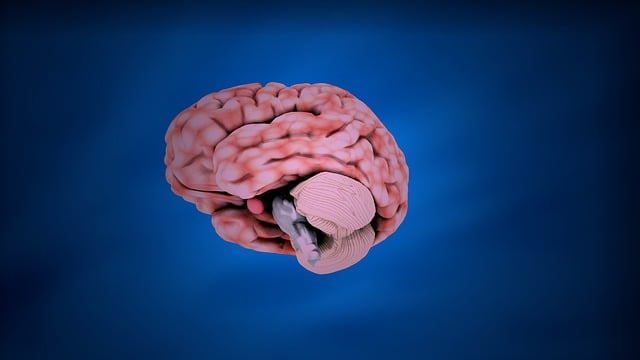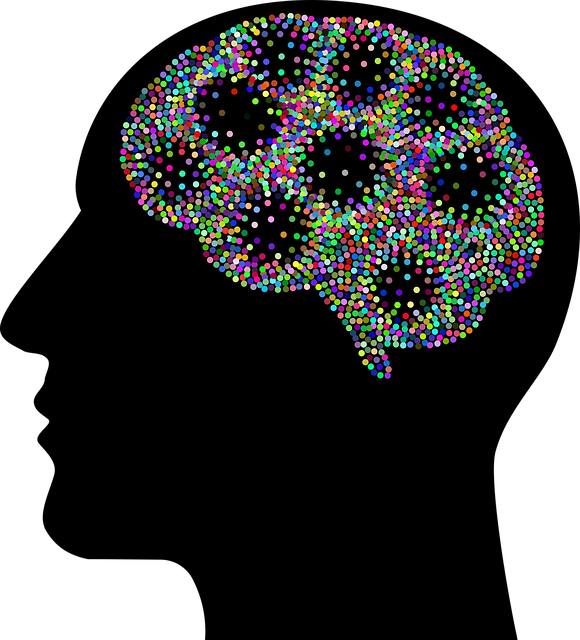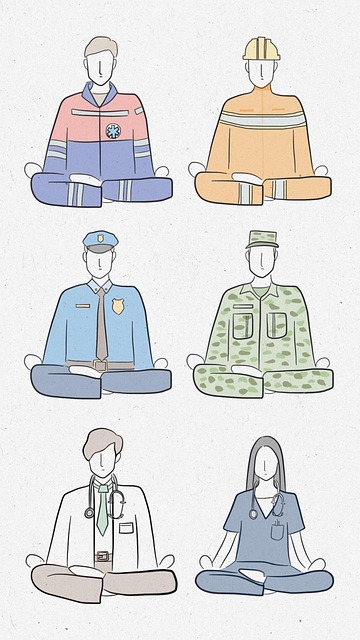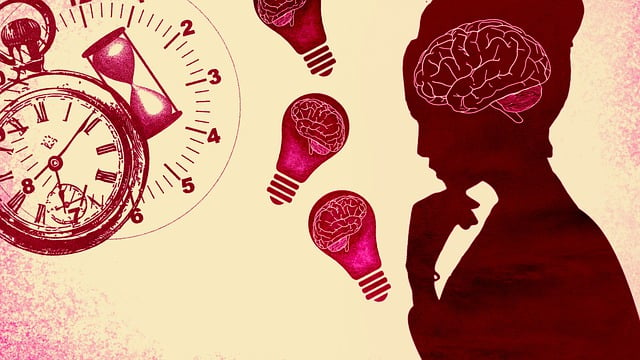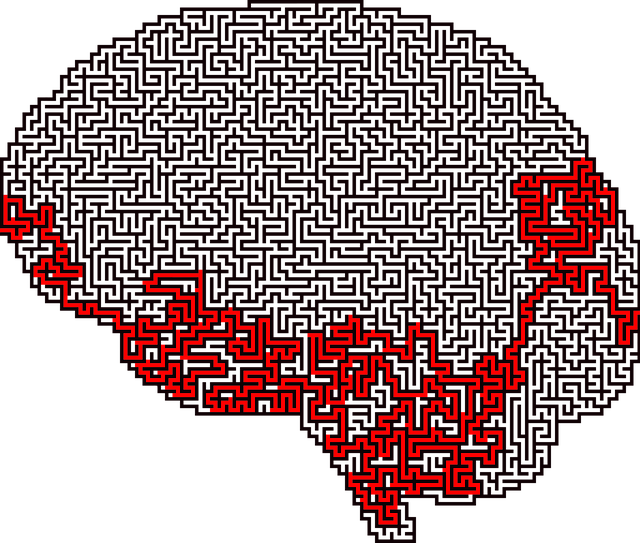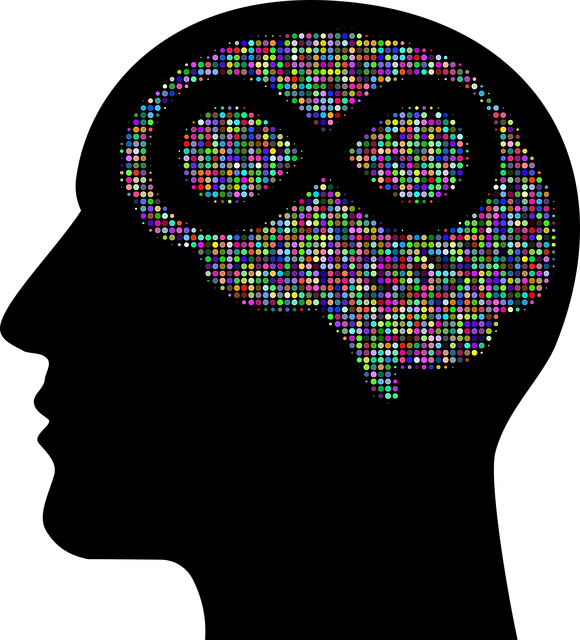Mental wellness self-assessment tools like Golden Bariatric Evaluations Therapy are crucial for identifying psychological areas of concern, promoting proactive mental health management, and encouraging diverse populations' trust in healthcare. These user-friendly questionnaires assess stress, emotional well-being, coping mechanisms, and life satisfaction, integrating Mind Over Matter Principles to holistically address mental wellness. Therapists use these evaluations to create personalized interventions, cultivating healthier coping mechanisms and emotional resilience. By facilitating open dialogues, early detection of issues, and informed decisions, these tools empower individuals in their well-being journeys. Continuous improvement through data collection, user feedback, research, and best practices ensures Golden Bariatric Evaluations remain effective for enhancing therapeutic outcomes and fostering active client engagement.
Mental wellness self-assessment tools have emerged as powerful aids in understanding and managing psychological health. This comprehensive guide explores the development and integration of such tools, focusing on the role of Golden Bariatric Evaluations in therapy. We delve into effective assessment strategies, their clinical application, and methods for measuring success. By examining these components, professionals can enhance patient care, improve outcomes, and foster a more holistic approach to mental health treatment, leveraging the benefits of self-assessment tools like Golden Bariatric Evaluations therapy.
- Understanding Mental Wellness Self-Assessment Tools
- The Role of Golden Bariatric Evaluations in Therapy
- Developing Effective Assessment Tools for Mental Health
- Integrating Self-Assessment into Clinical Practice
- Measuring Success and Continuous Improvement
Understanding Mental Wellness Self-Assessment Tools

Mental wellness self-assessment tools play a pivotal role in facilitating individual understanding of their psychological state and identifying areas that may require professional intervention or support. These tools, designed to be accessible and user-friendly, often include questionnaires, surveys, or guided reflections tailored to assess various aspects of mental health, such as stress levels, emotional well-being, coping mechanisms, and overall life satisfaction. The development of effective self-assessment tools like Golden Bariatric Evaluations Therapy is crucial in empowering individuals to take charge of their mental wellness proactively.
By incorporating strategies for stress reduction methods and encouraging the adoption of a self-care routine development for better mental health, these assessments can provide valuable insights into personal challenges and strengths. Furthermore, cultural sensitivity in mental healthcare practice is a key consideration during tool design, ensuring inclusivity and accurate reflection of diverse experiences and perspectives. This approach not only enhances the validity of the assessments but also fosters trust and encourages participation from a broader range of individuals seeking to improve their mental wellness.
The Role of Golden Bariatric Evaluations in Therapy

Golden Bariatric Evaluations play a pivotal role in modern therapy, offering a comprehensive framework for understanding and addressing mental wellness concerns. These evaluations go beyond traditional diagnostic tools by integrating Mind Over Matter Principles, focusing on emotional regulation and communication strategies to foster profound and lasting change. By delving into an individual’s thoughts, feelings, and behaviors, therapists can uncover the intricate web of factors influencing their mental health.
This process enables practitioners to tailor interventions effectively, promoting healthier coping mechanisms and enhanced emotional resilience. Through meticulous Golden Bariatric Evaluations, therapy becomes a collaborative journey where individuals gain valuable insights, learn effective strategies for managing stress, and cultivate skills that support their overall well-being.
Developing Effective Assessment Tools for Mental Health

Developing effective mental wellness self-assessment tools is crucial for individuals seeking to improve their psychological well-being. These tools play a pivotal role in guiding therapy and treatment plans, offering valuable insights into one’s mental health status. Golden Bariatric Evaluations, for instance, have emerged as game-changers in the field of bariatric therapy, providing comprehensive risk assessments tailored to patients’ unique needs. By integrating self-care practices and burnout prevention strategies, these evaluations ensure a holistic approach to mental wellness.
Mental health professionals can leverage such tools to initiate meaningful conversations with clients, fostering open dialogue about their experiences and emotions. This proactive approach not only aids in early detection of potential mental health issues but also empowers individuals to take control of their well-being. With regular self-assessments, individuals can track their progress over time, identify areas of improvement, and make informed decisions regarding their mental health care.
Integrating Self-Assessment into Clinical Practice

Integrating self-assessment into clinical practice is a powerful strategy to enhance mental wellness interventions. By incorporating tools like Golden Bariatric Evaluations, therapists can gain valuable insights into clients’ emotional regulation skills and overall mental health. These assessments allow for a more nuanced understanding of individual needs, enabling tailored therapy plans that focus on areas such as compassion cultivation practices.
Through regular self-assessment, clinicians can monitor progress, adjust treatment approaches, and foster a collaborative partnership with clients. This personalized approach not only improves therapeutic outcomes but also encourages clients to take an active role in their mental wellness journey.
Measuring Success and Continuous Improvement

Measuring success and fostering continuous improvement are integral components of developing effective mental wellness self-assessment tools. The primary metric for gauging progress should be the positive impact on individuals’ lives, as reflected in their overall well-being, mood stability, and functionality. This involves collecting qualitative and quantitative data through various means, such as follow-up surveys, feedback sessions, and observations. By comparing initial assessment results with subsequent ones, developers can identify areas where the tool is excelling and aspects that need refining.
To enhance the tool’s effectiveness over time, incorporating elements from Mental Health Education Programs Design, Risk Management Planning for Mental Health Professionals, and Mental Wellness Coaching Programs Development can be beneficial. Regular updates based on user feedback, emerging research findings, and best practices in mental health care ensure the tool remains relevant and aligned with current needs. This iterative process allows for continuous improvement, making Golden Bariatric Evaluations Therapy a truly transformative experience for those seeking to enhance their mental wellness.
Mental wellness self-assessment tools play a pivotal role in empowering individuals to take charge of their mental health. As discussed, Golden Bariatric Evaluations offer valuable insights into various psychological factors, enhancing therapy effectiveness. By integrating these tools into clinical practice, professionals can facilitate proactive mental health management. Continuous improvement through measured success ensures that these assessments remain relevant and beneficial in addressing evolving mental health needs.
